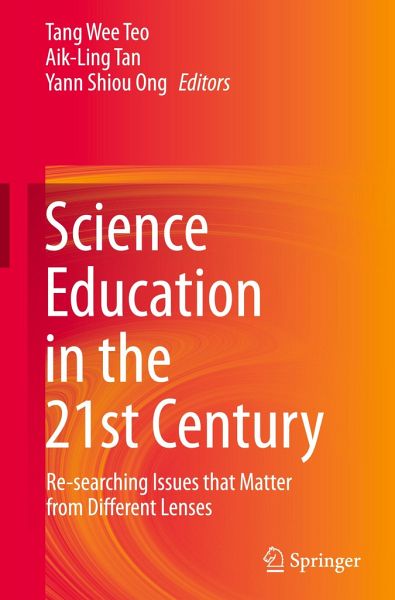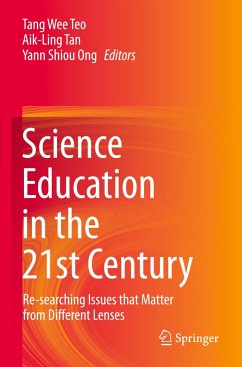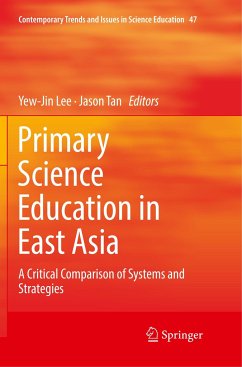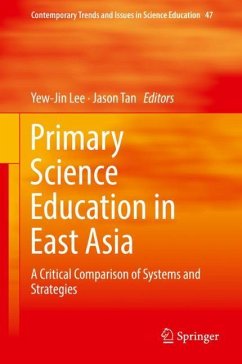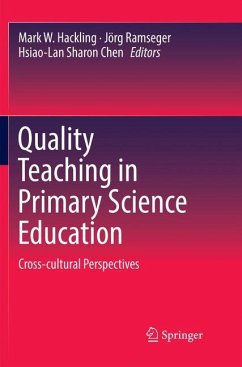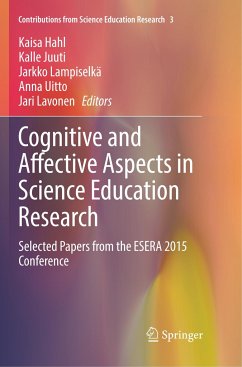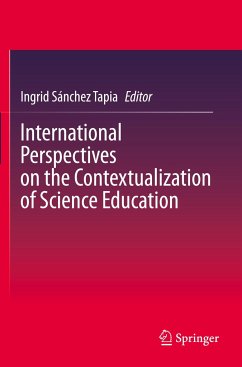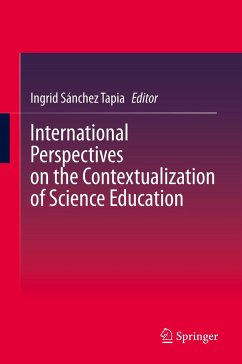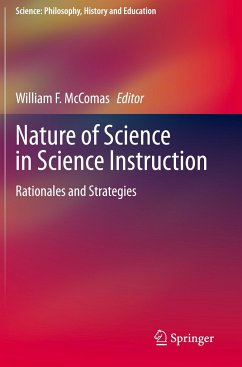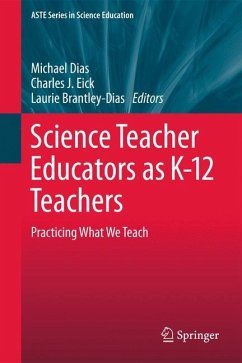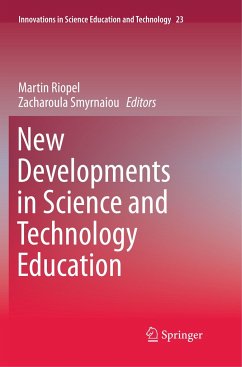Tang Wee Teo is an Associate Professor in the Natural Sciences and Science Education Academic Group, National Institute of Education (NIE), Nanyang Technological University, Singapore. She is an equity scholar in STEM (science, technology, engineering, and mathematics) education. Her research interests include STEM education, critical studies, cultural studies, and gender studies. Currently, she is the Co-head of the Multi-centric Education, Research and Industry STEM Centre at NIE. Aik-Ling Tan is an Associate Professor at the Natural Sciences and Science Education Academic Group at the National Institute of Education (NIE), Nanyang Technological University, Singapore. She is also the Deputy Head for Teaching and Curriculum Matters. Her current research interests include teacher-student interaction in science classrooms, professional development needs of science teachers and STEM education. Aik Ling enjoys working with science teachers in schools to better understand the practical issues and tensions of teaching and learning science. Yann Shiou Ong is a Postdoctoral Fellow at the National Institute of Education, Nanyang Technological University, Singapore. Her current research focuses on secondary students' epistemic practices in scientific inquiry, specifically how students engage in group critique and construction practices. She adopts the productive disciplinary engagement framework and its guiding principles to analyse classroom/group discourses and the corresponding instructional designs. While she takes a pragmatic approach to data analysis, her research questions have mostly lent themselves to qualitative methods such as discourse analysis. Her other research interests include scientific models and modelling, social metacognition, and learning progressions.
